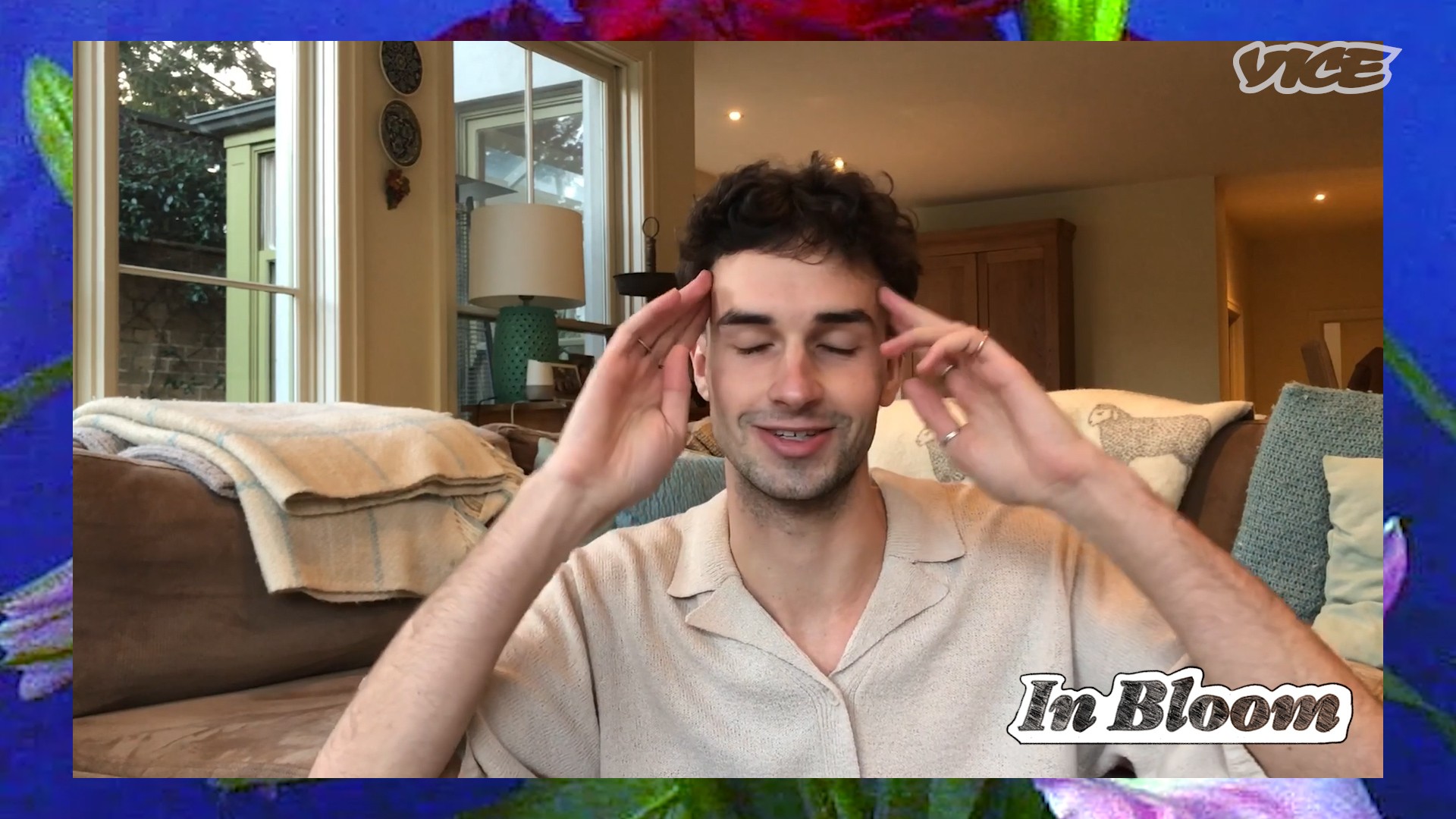A house in Point Piper. Image via Wikimedia Commons/Sadarka
Looking to break your way into the Australian housing market? Wanting the best bang for your buck? Ever considered a high-end luxury mansion?The right time might be now, as property prices in Australia’s richest suburbs are dropping twice as fast as those in its poorest. According to recent analysis by investment bank Morgan Stanley, the value of real estate in the country’s most affluent and sought-after postcodes has been plunging at a steady rate of eight percent a year. Compare that to four percent for the country’s much less affluent postcodes, and it starts looking like a good time to buy in Malcolm Turnbull’s neck of the woods.To give an idea of just how significant that slide is, the Australian Financial Review suggests housing prices in the former prime minister’s neighbourhood of Point Piper—where the median value is $15 million—could be dropping by some $1.2 million every year, or $23,000 a week. Give that 10 years, and a mansion in Australia’s single most expensive suburb may be sitting at a much-more-affordable but still-pretty-fucked pricepoint of $3 million.It’s a start, though—and the downturn is happening right across the board. Property prices in Sydney fell by about 7.2 percent overall in the last three months alone, while the Melbourne market took a dive of 7.6 percent: the biggest drop in the country. Hobart, Perth, and Brisbane are also slipping. And the Morgan Stanley report indicates that the fall is far from over."Given the subdued outlook for credit demand and supply, the still elevated level of prices and indebted households, it looks unlikely that the market will trough in the immediate future," it concludes.Earlier this year, the bank declared that prospects for growth in Australia’s residential property market are the worst in 30 years. Tighter credit supply and lower investor demand are two prominent factors in that, with many prospective buyers not willing to take the chance on an investment property that won’t yield much rent.For those of us who had resigned ourselves to never buying a house, though—much less a seaside villa—the outlook might not be so bleak.
Advertisement

